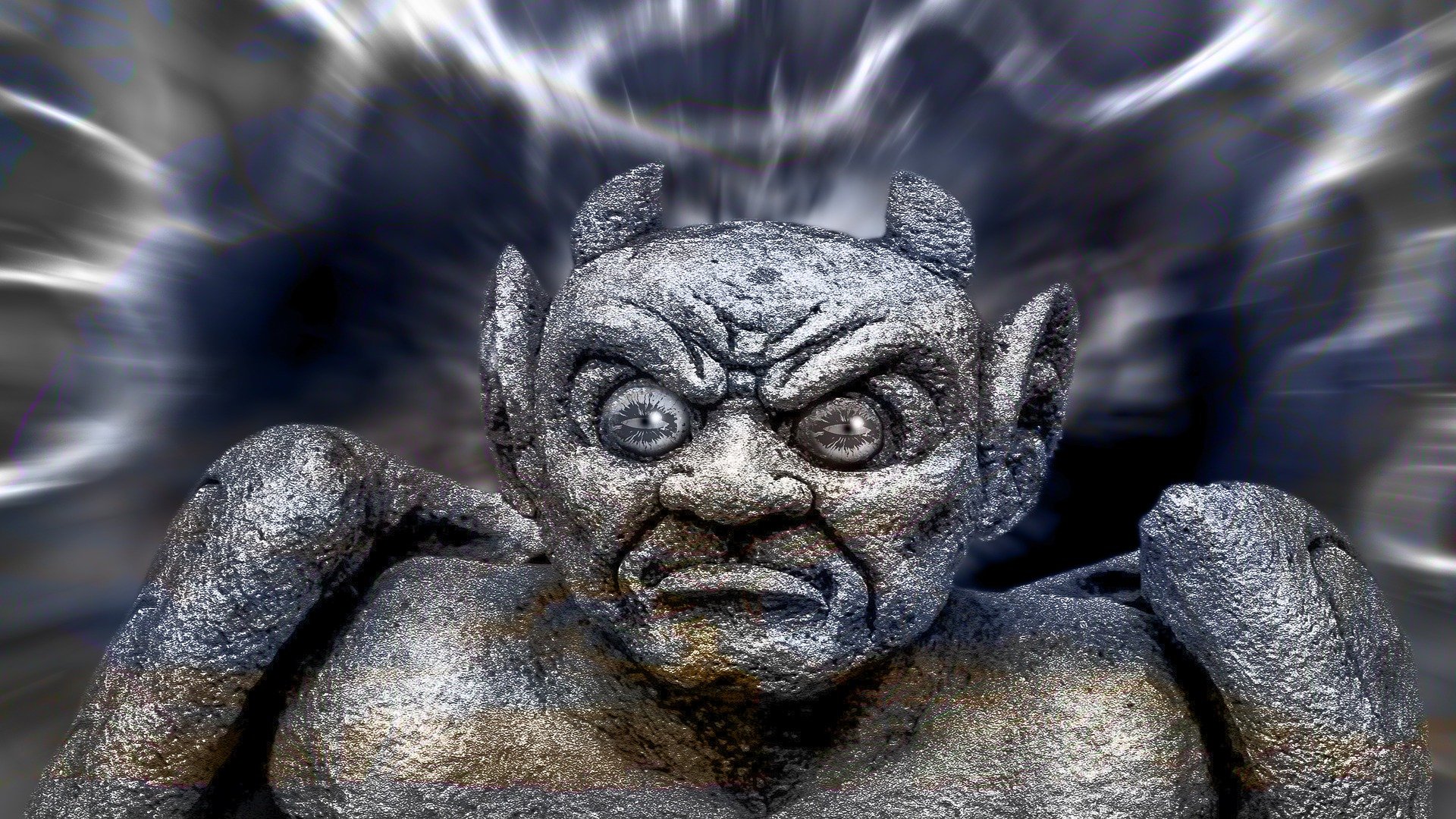Christian Philosophical Problems: Problem of Evil 1 of 3
 Sometimes known as the only argument for atheism, the problem of evil poses a significant philosophical issue for anyone, believer and skeptic alike, who believes in good and evil. People who believe in a good, powerful God must come to terms with this problem sooner or later. The most succinct statement of the problem I have seen was framed by two professors of philosophy at Boston College, Peter Kreeft and Ronald K. Tacelli:
Sometimes known as the only argument for atheism, the problem of evil poses a significant philosophical issue for anyone, believer and skeptic alike, who believes in good and evil. People who believe in a good, powerful God must come to terms with this problem sooner or later. The most succinct statement of the problem I have seen was framed by two professors of philosophy at Boston College, Peter Kreeft and Ronald K. Tacelli:
- God exists.
- God is all-good.
- God is all-powerful.
- Evil exists.
Affirm any three and you must deny the fourth, it seems. (Kreeft & Tacelli, 1994, p. 129)
The question of God’s goodness and power in the face of so much evil in our world is not a new one, of course. The question has been around for such a long time that there is a name for the problem and its solutions: theodicy. It traces its roots back even to non-Christian philosophy (Plotinus, c. 204-270). Perhaps the earliest Christian philosopher to explicitly address the issue was Augustine of Hippo (354-430). Going further back, the Bible itself addresses the subject. In the Hebrew Bible, the book of Job often is cited as addressing the issue, although the book of Job wisely focuses more on Job’s relationship with Yahweh (the proper name of the Hebrew God) than on philosophical explanations. In the New Testament, we find assurances that God can work even great evil for his own purposes and the good of those who love him (Romans 8:28). While, given enough time, we often can see his working, we sometimes cannot.
When attempting to answer this notorious problem, we do well to identify whether we are speaking to someone who is currently suffering some great loss or hardship; or are we speaking with someone who is pursuing the philosophical problem and challenging the existence of God? If the former, a philosophical discourse may not only be unhelpful but downright harmful. On the contrary, “… when pain is to be borne, a little courage helps more than much knowledge, a little human sympathy more than much courage, and the least tincture of the love of God more than all” (Lewis, 1962, p. 10). A passage from Lewis’s The Magician’s Nephew has been a great comfort to me when pain was to be born. In this story, the protagonist Digory has harmed the new country of Narnia. He then encounters Aslan, the noble lion who stands more or less for Jesus in this fictitious, fantastical world. Aslan calls Digory to account:
“'Son of Adam,” said Aslan. “Are you ready to undo the wrong that you have done to my sweet country of Narnia on the very day of its birth?' …
“'Yes,” said Digory… he thought of his Mother [lying sick and feverish and dying back in Digory’s own world] and he thought of the great hopes he had had, and how they were all dying away, and a lump came in his throat and tears in his eyes, and he blurted out:
“'But please, please—won’t you—can’t you give me something that will cure Mother?' Up till then he had been looking at the Lion’s great front feet and the huge claws on them; now, in his despair, he looked up at its face. What he saw surprised him as much as anything in his whole life. For the tawny face was bent down near his own and (wonder of wonders) great shining tears stood in the Lion’s eyes. They were such big, bright tears compared with Digory’s own that for a moment he felt as if the Lion must really be sorrier about his Mother than he was himself" (Lewis, 1955, pp. 141-142).
From the accounts of Jesus in the gospels, I think that, like Aslan in the fictitious story, Jesus must be sorrier for the pain of his dear ones than we are ourselves.
If, however, we are speaking with someone—or ourselves—grappling with the apparent philosophical contradiction of a good, powerful God who allows evil to continue and flourish, we will take a different approach. We need to understand how two apparently contradictory ideas both can exist.
This article is first of three blog pieces on the problem of evil, a problem that some skeptics consider to be philosophically problematic or even contradictory. It is an excerpt from my book Five Languages of Evidence: How to Speak about Reasons for Christianity in a Post-truth World. Not yet published; available upon request.
Next post: Christian Philosophical Problems: the problem of evil 2